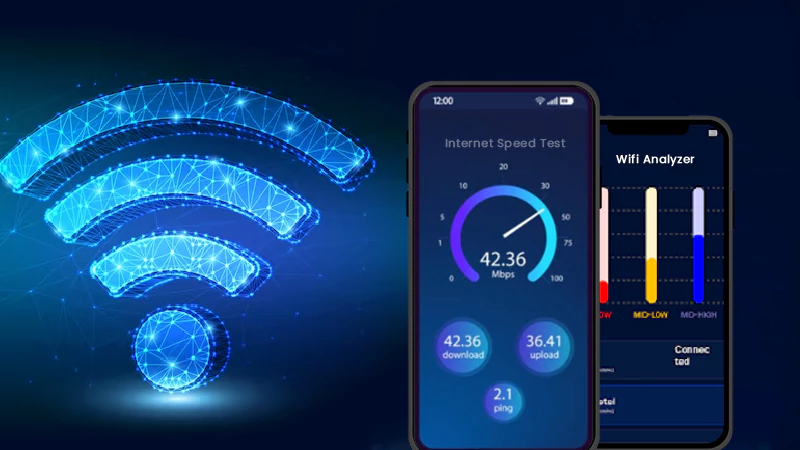Eight Tips to Become the Smartest Person in the Room
It is essential to keep learning, whether it’s a new technology, a foreign language, or an advanced skill like MS EXCEL courses online. If we want to grow, we should all keep striving to learn new things. However, it might take you time, and time is precious. Therefore, being a quick learner can give you a more significant edge. Here are a few tried and tested ways you can use to learn faster and stay ahead of your game:
1. Write Down Notes
To speed up your learning, ditch your laptop, pick a pen and paper and take down notes the old-fashioned way. Research has found that people who take notes by hand retain information at a much higher rate than those who type out letters during a lecture. While taking notes by hand is slow and cumbersome, the act of writing out the information in your own words helps you retain the information for longer, and you will recall better and perform better on tests.
2. Teach Someone or Pretend to
If you imagine that you need to teach someone the material or task you are trying to grasp, you can speed up your learning and remember more. In addition, the expectation changes your mindset. Hence, you engage in more effective approaches to learning than those who learn to pass tests—teaching someone something after you’ve learned it in a course like a cryptography certification.
3. Say or Read Out Loud
Research has proven that compared to reading or thinking silently, the act of speech is a pretty powerful mechanism for improving memory for the selected information. According to experts, learning and memory benefit from active involvement. So, while rehearsing in your mind is good, rehearsing out loud is even better.
4. Sleep Improves Retention
There is a connection between sleep and learning. Getting some shut-eye is essential in bolstering how our brain remembers something. Deep sleep can strengthen memory if the rest occurs within twelve hours of learning the new information. Students who study and sleep well don’t only perform better academically, they are also happier.
5. Learning at Shorter Bursts of Time
Experts suggest dedicating thirty to fifty minutes to learning new material. Anything below thirty minutes is just not enough, and anything about fifty minutes is too much for your brain to take in at one time.
Once you have done that, take a five to ten-minute break before starting another session. Again, brief and frequent learning sessions are much better and more effective than longer, infrequent ones.
Also Read: Top 10 Differences Between Male and Female Psychology
6. Keep Testing Yourself
Faster learning is achieved by self-testing. If you test yourself and answer incorrectly, not only are you more likely to remember the correct answers after you look them up. In this way, if you learn a new skill from courses like online ethical hacking courses, you can hone your skills and better your knowledge.
7. Try a Different Approach
While learning a new skill, don’t do the same thing repeatedly. Changing the way you practice it can help you master it faster. Those who use a modified learning technique perform better than those who repeat the same method.
8. Exercise Regularly
Exercising can improve memory recall. Periods of high-intensity workouts are good for fitness and improving your retention ability. Exercise also results in significant improvements in high interference memory. A typical example of high-interference memory is remembering faces. Exercise also increases a chemical called BDNF (Brain-Derived Neurotrophic Factor), a protein that supports brain cells’ function, growth, and survival.
Exploring Common 2-Story Houses Energy Usage Patterns and…
How Long Does It Take to Obtain An…
The Secrets Behind High-Performance Racing Windows
Co-Parenting Strategies for Divorced or Separated Parents in…
How Auto Lawyers Help Victims of Distracted Driving…
How Can an Attorney Help in a Trucker…
What is the Rule of Thumb for Pipes?
Best DVD Rippers for Windows & Mac: Free…
Reducing the Impact of Unexpected Construction Expenses
8 Ways to Improve Wi-Fi Speed and Stability…
What Information Can Be Gleaned From a Funnel…
Essential Strategies to Make Hotel Management Easier












